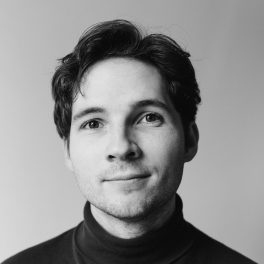
Walter Marsh
Walter is a writer and editor living on Kaurna Country.
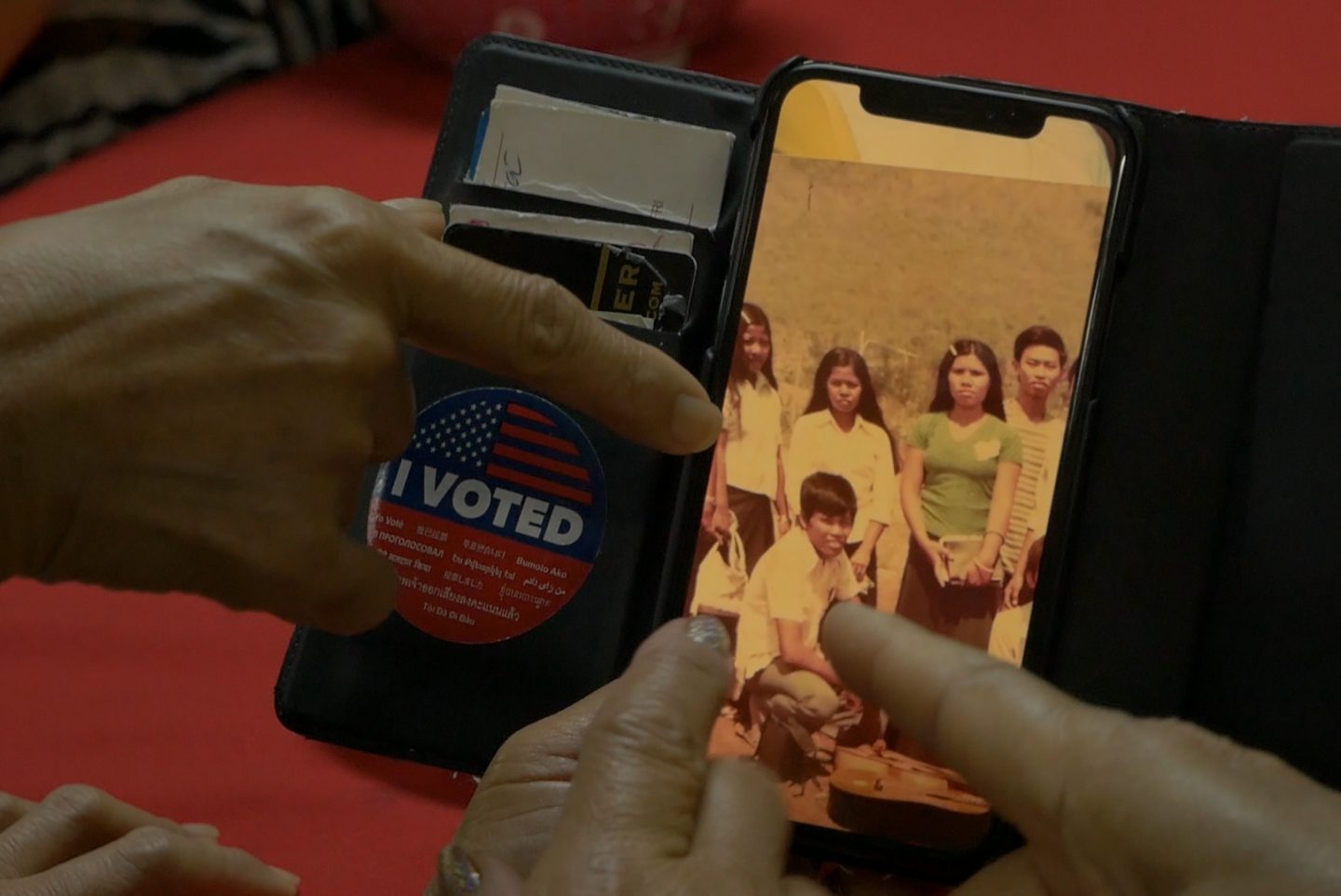
South Australian filmmaker Allison Chhorn will explore the silences and memory of Cambodian migrant families around the world in documentary project After Years.
“After Years explores Cambodian families of diaspora living in Australia, North America and France,” Chhorn tells The Adelaide Review. “Since surviving the Khmer Rouge genocide and living in refugee camps in the late 1970s, most of my parent’s generation migrated to these three locations, now separated by time and geographical distance.
“My starting point was really looking at my Cambodian family and friends and realising there were some common habits and problems. Silence, shame and not completely knowing my parents’ history is maybe what has kept me from realising that my parents’ generation has continued being in survival mode, resulting in patterns of violence, paranoia and hoarding. Making this film is a way of working through these problems.”
Drawing influence from filmmakers like Pedro Costa and Gabrielle Brady, who Chhorn says “fuse reality and fiction in order to create another kind of poetic truth, the project offers an opportunity for Chhorn and her subjects to work through painful, but often buried subject matter.
“I’ve always been interested in the aftermath of trauma and what remains long after the event. I’ve always felt a strong sense of absence, even though I’ve never lost anything in my own life as big as what my parents may have lost – just a feeling that something has been missing but now knowing who or what. Every Cambodian family has lost someone during the KR, but there are very few healthy ways that they can express that loss and be rid of the ghosts and traumas that continue to haunt them everyday.
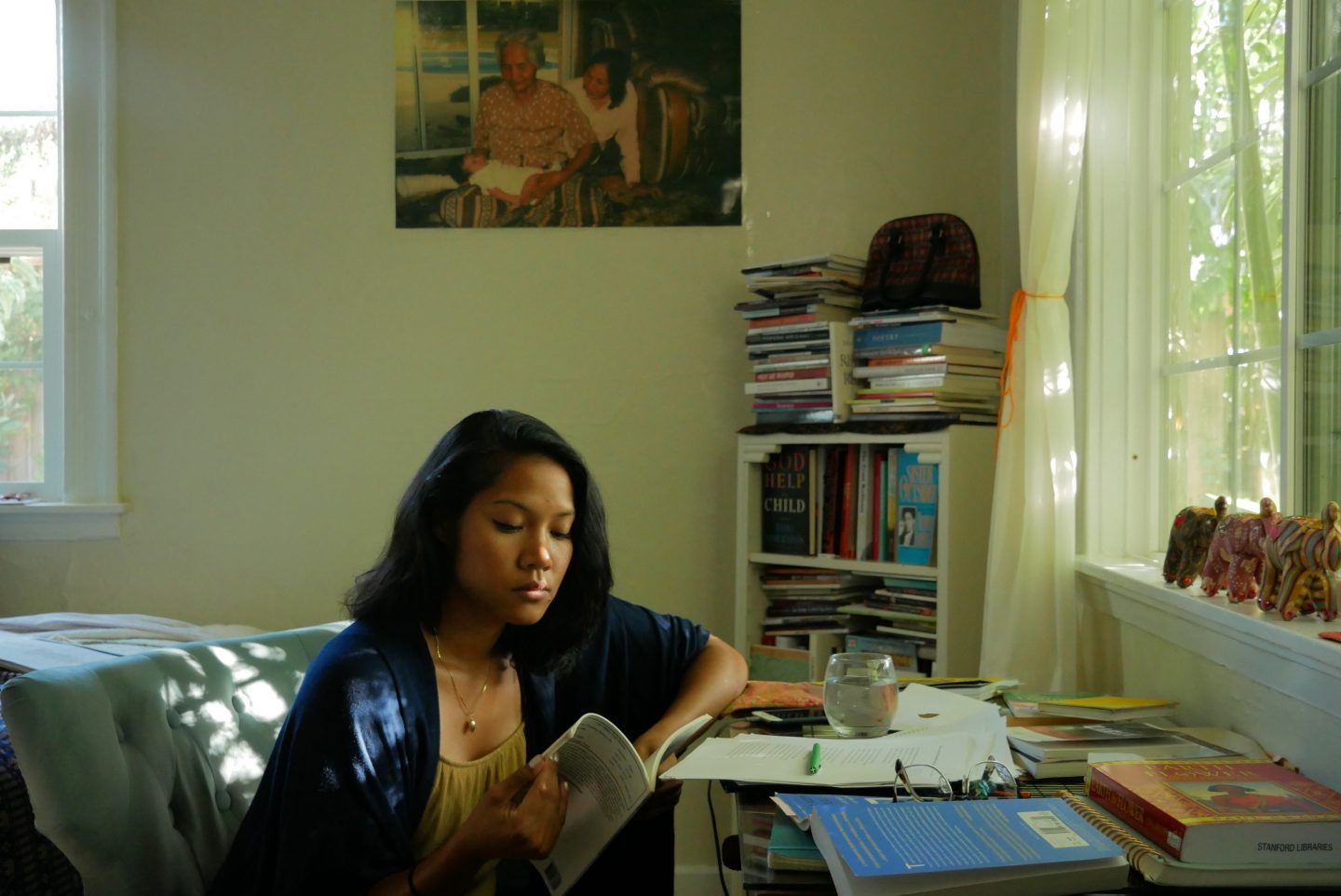
“I’m also interested in the process of everyday rituals, seemingly simple activities that, through time and repetition, can become therapeutic – like cooking and gardening. So by looking at what people do in their present lives and tracing it back to their history, you can draw a connection between the two – which is something I hope to do in After Years.”
Such rituals informed Chhorn’s latest work The Plastic House, a 45-minute piece of experimental ‘docu-fiction’ that screened as part of OzAsia Festival’s film program last year. In The Plastic House, a lone figure tends to a greenhouse after the death of her parents, with a result that is visually meditative, almost tactile in its sound design and, unlike most things to hit a cinema screen in 2019, deliberately slow.
“The Plastic House was made very minimally, based around the work I was doing at the time which was working in my parent’s greenhouse,” she says. “Spending so much time in there, I naturally imagined what it would be like if they had passed away, and I was left alone to continue the work that they had left. I learnt a lot about building the filmic language of The Plastic House and trying to mimic the meditative experience of working in a greenhouse; by using long takes and a sound design made up of natural sounds recorded on location.”
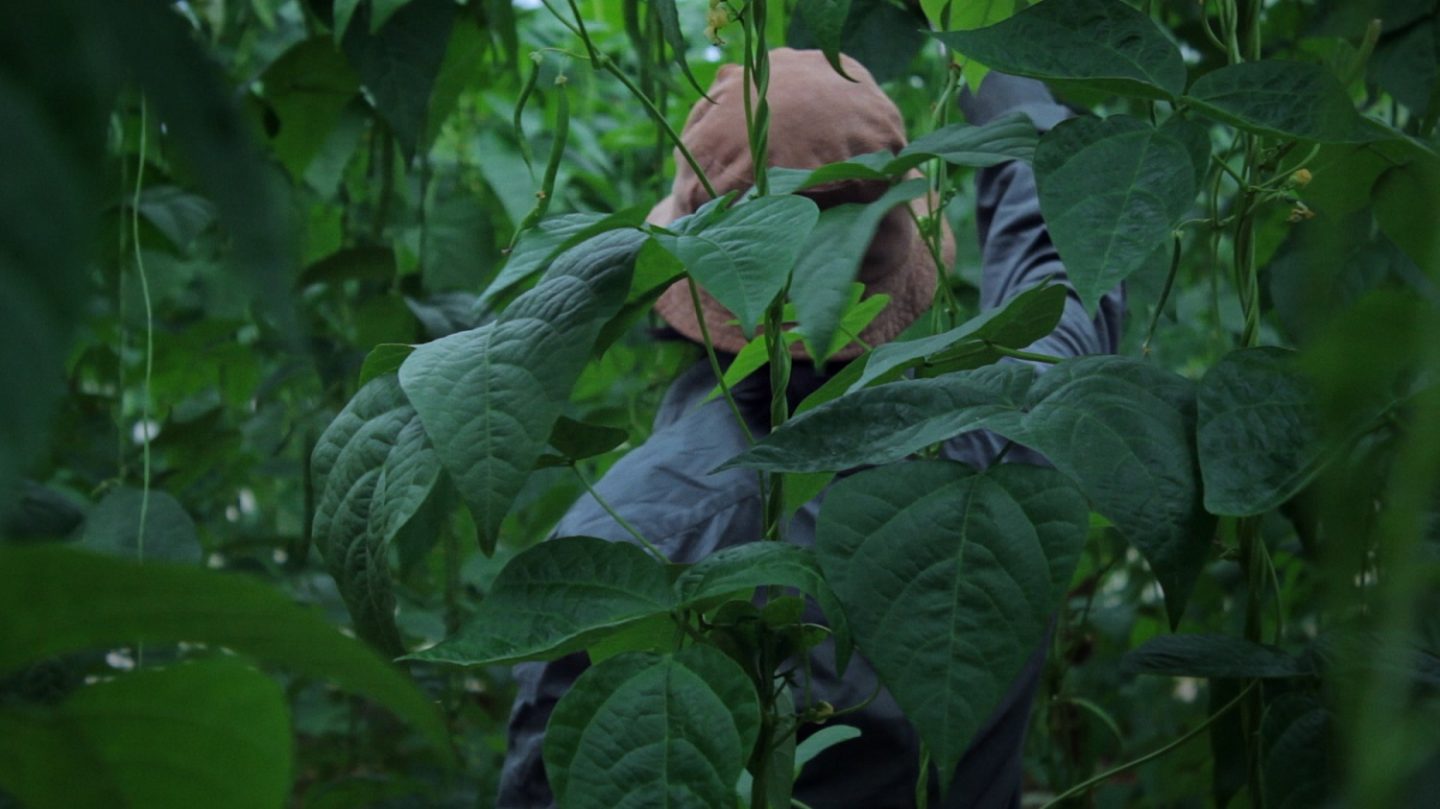
Notably, The Plastic House is almost entirely without dialogue, a choice that speaks to the deeper silences that underpin a intergenerational divide within migrant families. “Silence stems from many things in Cambodian culture but it’s mainly the language barrier between parents who speak one language (Khmer) and children who speak another (English). But there are other things we learn from our parents that aren’t verbal; by their actions, their body language, how they treat us and themselves, and the environment they bring us up in,” she says.
“In my work, I want to acknowledge how silence in our relationships also shapes how we experience the world, where we may be more sensitive to other things (mentioned before). As well as looking at everyday rituals, I want to find ways of suggesting inner thoughts, and things we want to say to each other but can’t.”
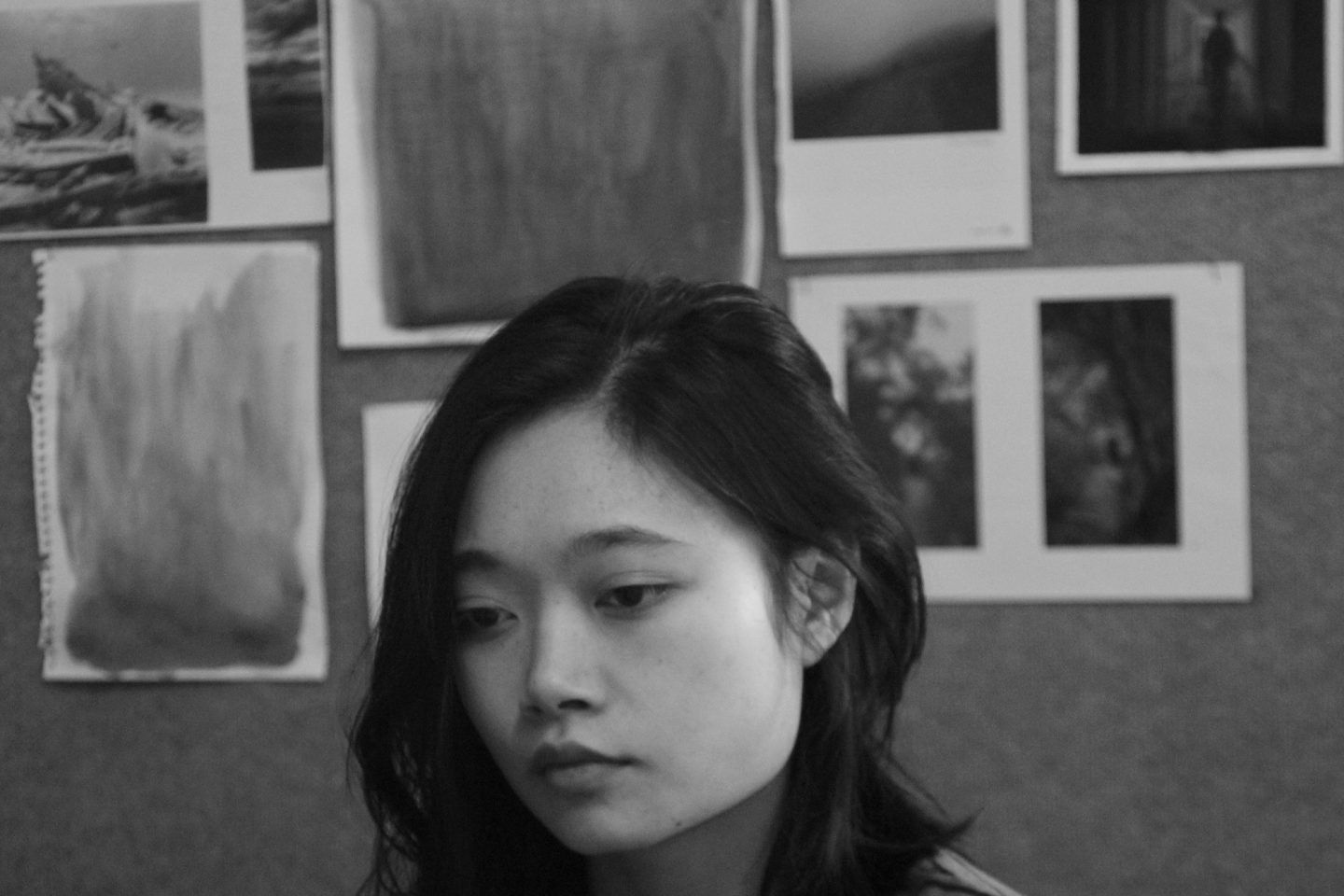
This week it was announced Chhorn would receive $10,000 in funding to complete After Years as part of Carclew’s Project and Development grant pool, which this round distributed over $118 000 to projects including Restless Dance Theatre, Floating Goose Studios, video production team Umeewarra Media and filmmaker Tamara Hardman.
For Chhorn, who has already begun the work of researching and filming for the project, the funding will help her continue to capture stories and perspectives rarely seen on local screens.
“With After Years, I hope to uncover stories of Cambodian diaspora in a personal and poetic way which hasn’t really been fully explored in Australian film – ways that reflects the experience of people who’ve been living with years of things unspoken.”

Walter is a writer and editor living on Kaurna Country.